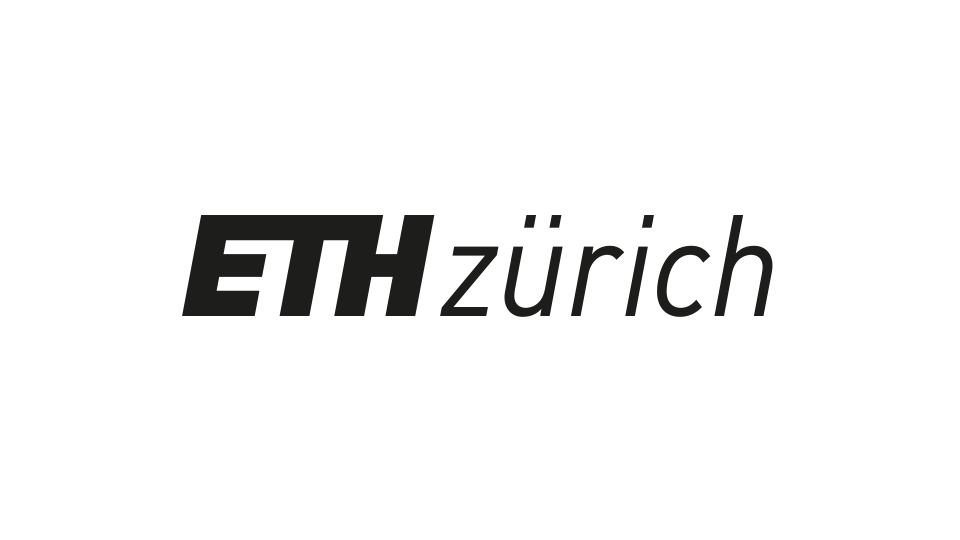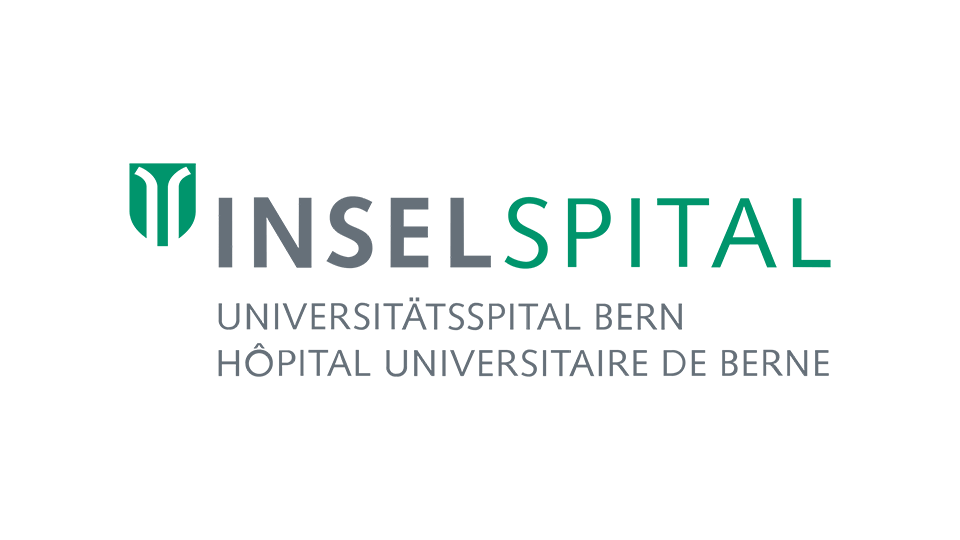Despite new therapeutic advances, aggressive T-cell lymphoma in the relapsed setting generally have unfavorable prognosis with short overall survival. Since the biology of rare T-cell lymphomas is relatively poorly understood compared to B-cell lymphomas, treatment options remain limited and unchanged for many years.
Systemic radionuclide therapy uses radiopharmaceuticals that specifically target disseminated cancer cells and deliver a high dose of radiation, while their selectivity prevents radiotoxicity to healthy tissue. The primary goal of this study is the preclinical evaluation and development of safe and efficacious radioimmunotherapy (RIT) with the chance of an early translation in the clinics. In order to achieve T-cell lymphoma selectivity and high cytotoxicity at the single cell level, we aim at developing an innovative, therapeutic radioimmunoconjugate based on the anti-CD30 monoclonal antibody conjugated to a new therapeutic radionuclide, Terbium-161, which was previously developed by the group of Prof. Schibli. In addition to β– particles emitted by clinically used radionuclide Lutetium-177, Terbium-161 emits also radiotoxic Auger and conversion electrons with ultra-short range in tissue.
The therapeutic potential of the radiolabeled [161Tb]Tb-anti-CD30 antibody will be first assessed in vitro in comparison with [177Lu]Lu-anti-CD30 as a bench-mark. Xenotransplant mouse models of T-cell lymphoma cell lines and patient-derived xenografts (PDXs) will be employed to verify safety and anti-cancer activity of the radioimmunoconjugates. A time-dependent biodistribution and histopathological study, as well as quantitative phosphoproteomics followed by bioinformatics analysis will further explore lymphoma responses to RIT with [161Tb]Tb-anti-CD30.
The established collaboration between ETH, the Inselspital and the University of Bern during execution of this project will be essential for assessing the potential of a [161Tb]Tb-anti-CD30 antibody for future clinical translation.





